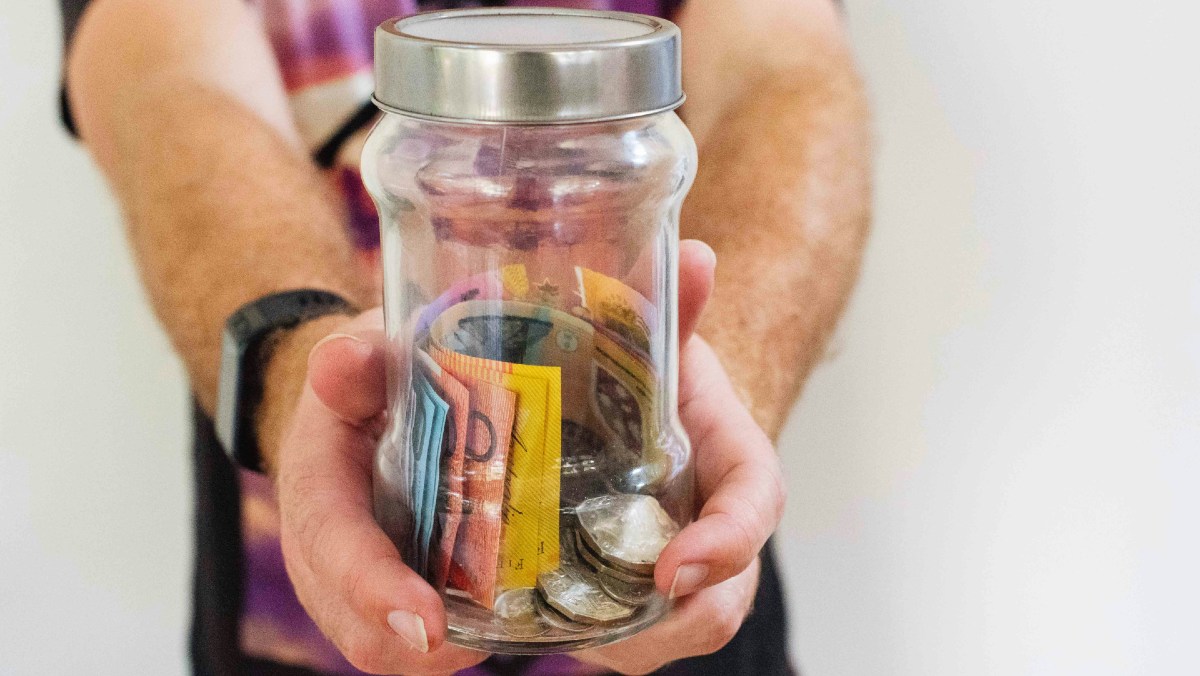The NAB Wellbeing Index shows that mortgages, other debts, buying and selling property and funding retirement have a negative impact on wellbeing.
According to the report, mortgages have a -17% negative impact on wellbeing, while other debts (e.g. car loans, payday loans, personal debt, credit cards) have a -29% negative impact.
Between the states, mortgages were found to have the biggest impact on wellbeing in Tasmania (-28%), while those in New South Wales (-14%) and Queensland (-14%) were the least affected.
“By age and gender, more women said it [a mortgage] impacted their wellbeing negatively than did men in all age groups, with young men rating the net impact positive (perhaps suggesting many don’t currently have a mortgage),” the report said.
Payday loans causing the most anxiety
The report found that different types of debts cause varying levels of concern.
Payday loans, which were the least commonly held debt (6%), were reported to cause the most anxiety.
On average, Australians scored their level of concern over payday loan debt at 64.9 points out of 100 (with 100 being ‘extremely concerned’).
Interestingly, men over the age of 50 were the most anxious about payday loans. Their level of stress was 80 points out of 100.
“We suspect this may be reflecting concerns for younger members of their family or their friends,” the report said.
Loans from family or friends caused the next most anxiety, followed by personal loans, home loans, credit card debts, and investment loans.
Ability to fund retirement biggest driver of financial anxiety
Not having enough to finance retirement is the biggest concern, with Australians rating their level of concern at 55.2 points out of 100.
Those aged between 30-49 were the most worried about their ability to fund their retirement.
Other key factors driving financial anxiety was being unable to provide for their family’s future (50.4), not being able to pay medical bills (48.3), not having enough money for non-essentials (47.6), and not having enough money for an emergency (46.7).
How Australians try to cope with financial stress
The report found over half of Australians (54%) who experienced financial hardship over the past three months coped by following a stricter budget and cutting out unnecessary expenses.
Around 38% of Australians reported making personal sacrifices for their family – particularly women aged between 30-49 (44%) and high-income earners (44%).
Just over half of Australians (52%) said they went into even more debt to try and manage their financial stress by borrowing money from family and friends.
Using credit cards and taking out a loan from a payday lender were the next most common types of debt used to help ease financial pressure as a short-term solution.
Despite this, the report found people tried to cope with financial stress by managing the problem directly – like budgeting, selling their possessions and learning to live on less.
But it also found that financial stress had a huge impact on emotional wellbeing, with 40% of Australians withdrawing socially as a means of coping – especially low-income earners.
The second most common coping mechanism was doing absolutely nothing at all (28%). Middle-aged men and women (both 41%) were most likely to do this.
Men aged between 30-49 were most likely to turn to alcohol or drugs.



 Denise Raward
Denise Raward


 Harry O'Sullivan
Harry O'Sullivan
 Alex Brewster
Alex Brewster

